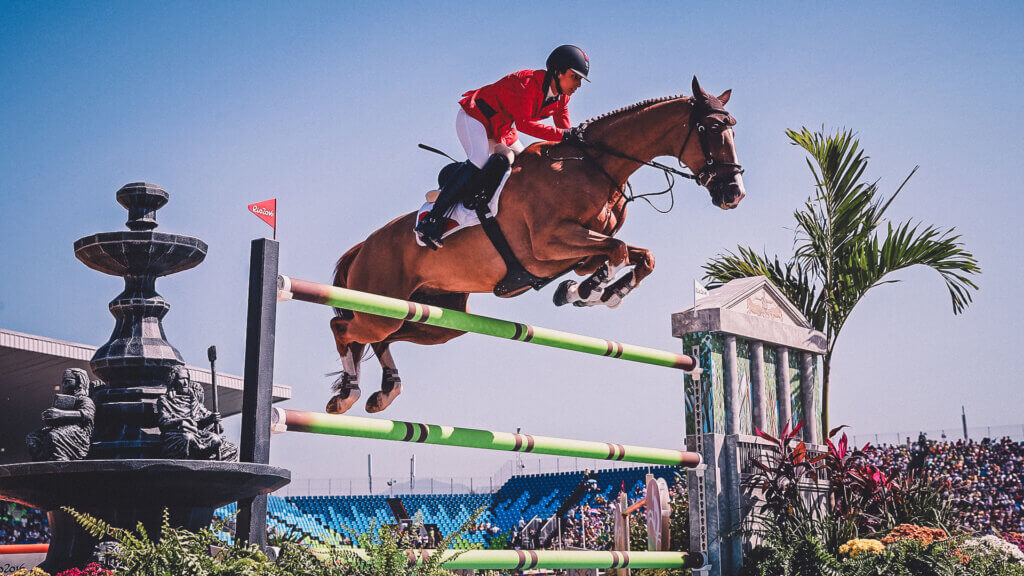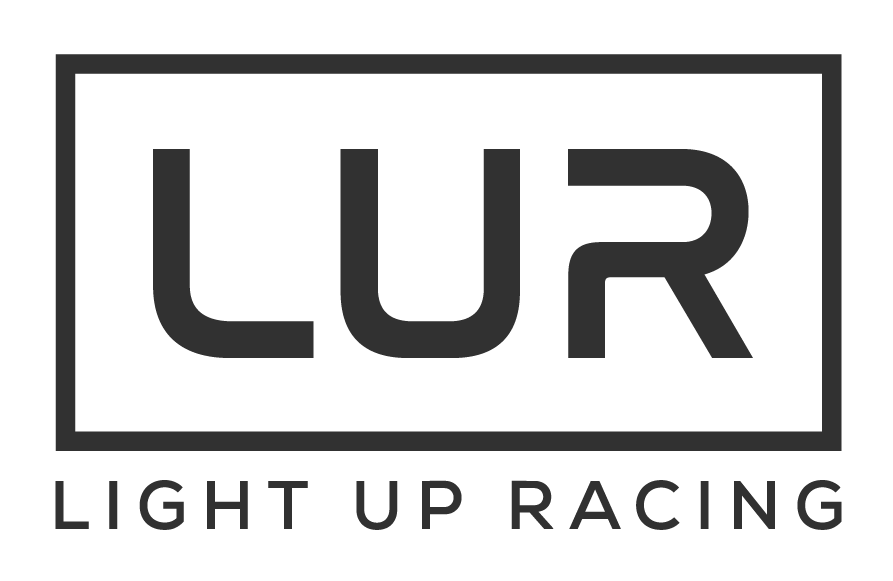Heleski CR. Social License to Operate-Why Public Perception Matters for Horse Sport-Some Personal Reflections. J Equine Vet Sci. 2023 May;124:104266. doi: 10.1016/j.jevs.2023.104266. Epub 2023 Mar 8. PMID: 36898616. View full article here.
Summary
The paper delves into the concept of a Social License to Operate (SLO) and its critical importance in the realm of horse sport and beyond. SLO, described as the public’s perception and tacit approval of an industry or activity, stands out as a non-tangible yet essential asset for industries to flourish in an era of constant scrutiny. The piece emphasizes that the traditional ways of operating, under the guise of “we’ve always done it this way,” no longer hold water in a society that demands transparency, integrity, and a genuine commitment to the welfare of animals involved in sports and recreational activities.
A significant portion of the article recounts the introduction of SLO to the author at a conference, highlighting its relevance in shedding light on unethical practices within horse sports. The notion of SLO is framed not just as a concept but as a reflection of the evolving relationship between society and the industries it supports. Heleski points out that industries, particularly those involving animals like horse sport, are under close watch, and their legitimacy, credibility, and trustworthiness are paramount for their continued existence and acceptance by the public.
The discussion extends to the application of SLO in various animal-involved sports, with greyhound racing in the United States cited as a cautionary tale. The decline of greyhound racing, attributed to public disapproval following welfare scandals, exemplifies the fragile nature of SLO and its impact on an industry’s credibility and survival. This segment underlines the importance of public trust and the peril industries face when they lose sight of their ethical responsibilities towards the animals in their care.
Furthermore, the article explores how the advent of digital communication technologies has amplified public scrutiny and participation in discussions about animal welfare in sports. This democratization of opinion, while sometimes criticized for lacking depth of understanding, nevertheless plays a crucial role in shaping public perception and, by extension, the SLO of an industry. The narrative suggests that industries can no longer afford to dismiss or underestimate the power of public opinion facilitated through digital platforms.
In conclusion, the article posits that ignoring public concerns or pretending to know better than the collective societal conscience is no longer a viable strategy for maintaining a social license to operate. The horse industry, and by implication other animal-involved sports, must take proactive steps to demonstrate their commitment to animal welfare, transparency, and integrity. The call to action is clear: industries must evolve to align with societal values that prioritize the well-being of animals and ethical practices.
Our horse industry will have a challenging time in the current environment convincing stakeholders that horses are “happy athletes” if we are merely avoiding blatantly abusive practices.
Recommendations
- Prioritize Animal Welfare: Emphasize that horse welfare is paramount in all aspects of the sport, from training to competition and retirement.
- Enhance Transparency: Ensure that practices, outcomes, and welfare measures are openly shared with the public and stakeholders.
- Build Trust: Engage with the community, listen to concerns, and demonstrate a genuine commitment to addressing them.
- Ensure Integrity: Practices within the industry should be ethically justifiable, with credible sources verifying the well-being of the horses.
- Adopt Ethical Practices: Move beyond merely avoiding abusive practices to actively promoting the health, happiness, and well-being of horses.
- Embrace Change: Be willing to adapt and evolve practices in response to new knowledge and societal expectations regarding animal welfare.



